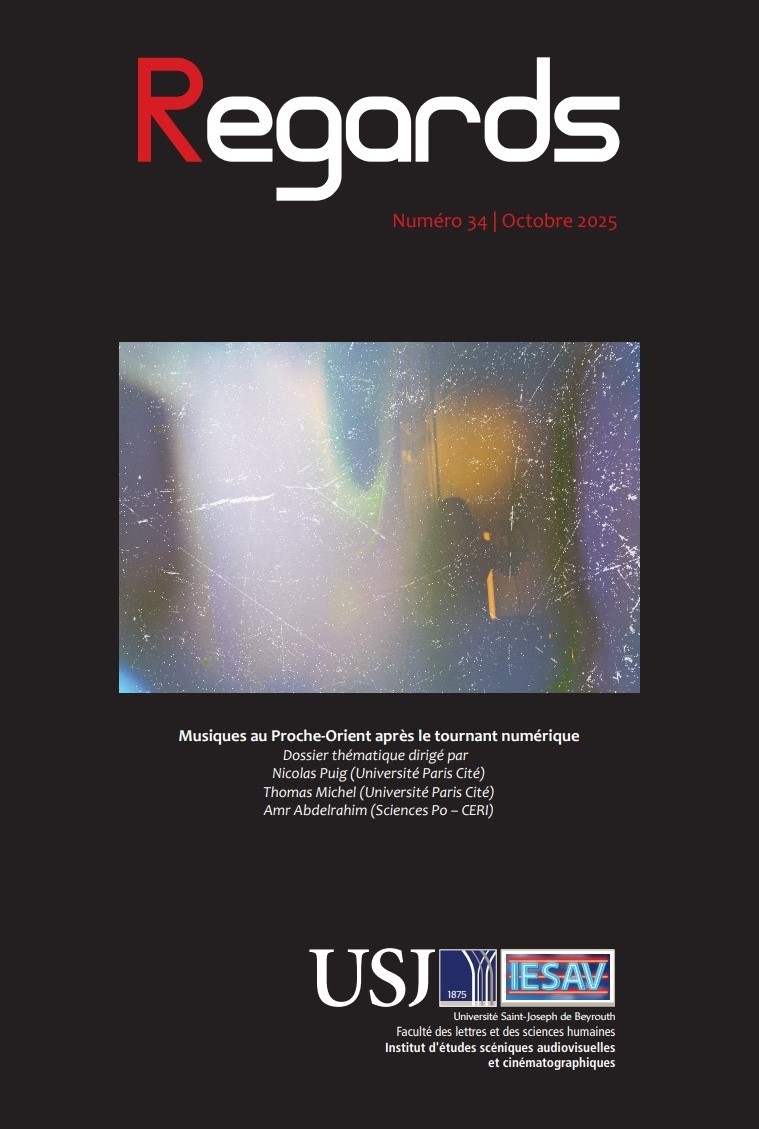Abstract
The echoes of the political upheavals, notably in Egypt post-2011 and elsewhere in the Arab world, have produced a supra-monopolistic structure of music production systems and streaming platforms, reflecting post-revolutionary political strategies amid autocratic restoration across the region. While the digital age initially offered greater freedom and creativity to a rising “mediated dissidence class” and countercultural music currents, post-2013 strategies increasingly instrumentalized digital platforms to impose authoritarian control and restrict musical expression. In parallel, social media platforms, which have become crucial for musical mediation, promotion, and marketing, have mirrored broader social and political polarizations that emerged in the post-2013 period.
This article seeks to examine the ultracontemporary digital music scene in Egypt within this broader socio-cultural context. How have producers in indie, mahragānāt, and electroshaabi currents navigated institutional censorship, authoritarian impositions, and social divisions? To what extent have they maintained independence from mainstream pop music, and have they gradually become a part of those dominant streams?
I argue in this account that the monopolization of music production and distribution systems, and the structural state-backed regulations of musical mediation spaces, have resumed under a digital guise, as part of broader efforts to control and contain contentious social movements on social media. This evolving landscape challenges traditional binaries – such as pop versus underground, digital versus physical, commercial versus independent, and local versus global – within a cultural framework defined by remix trends, perplexed sociopolitical positionings, and the concentrated control of the digital music industry.

